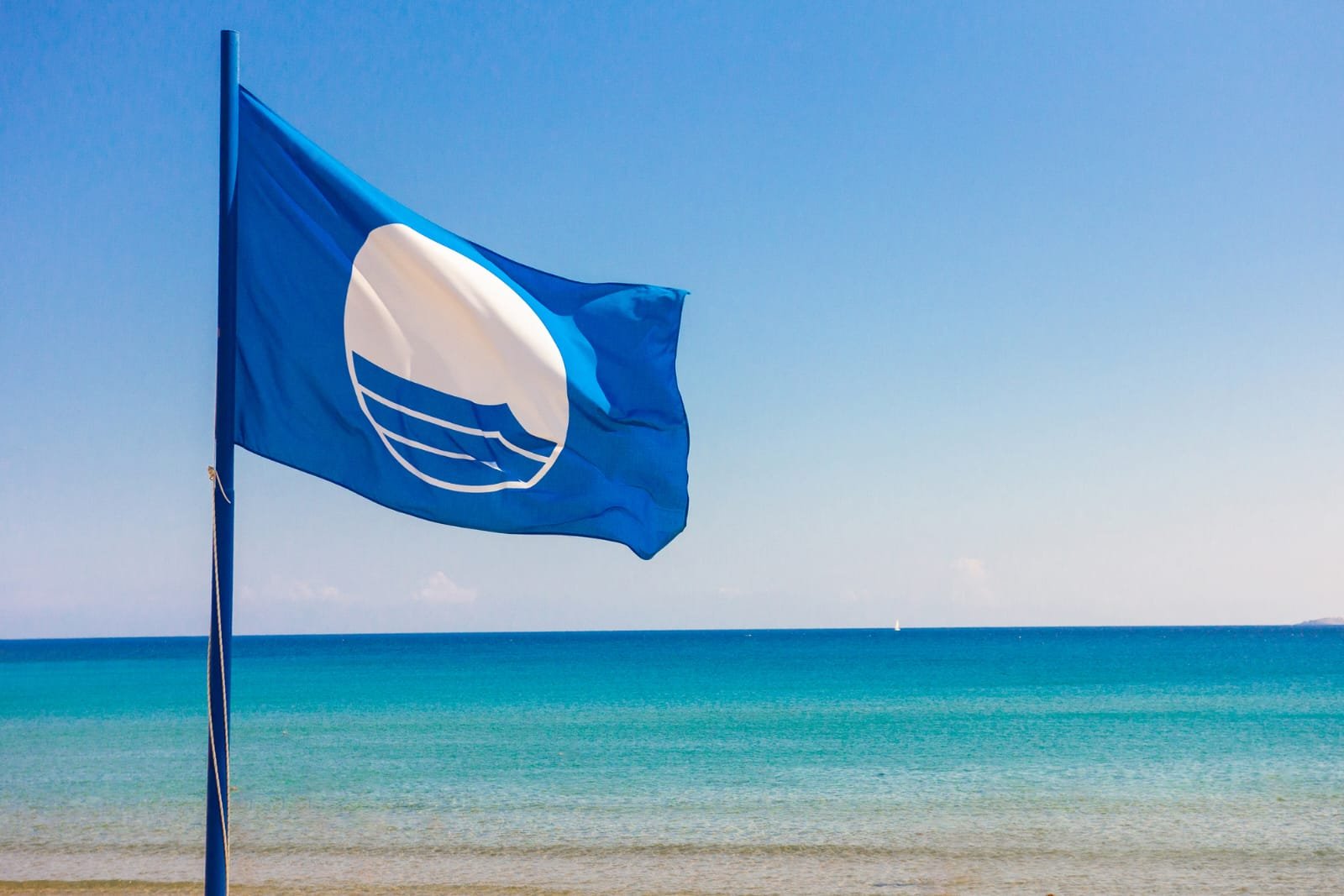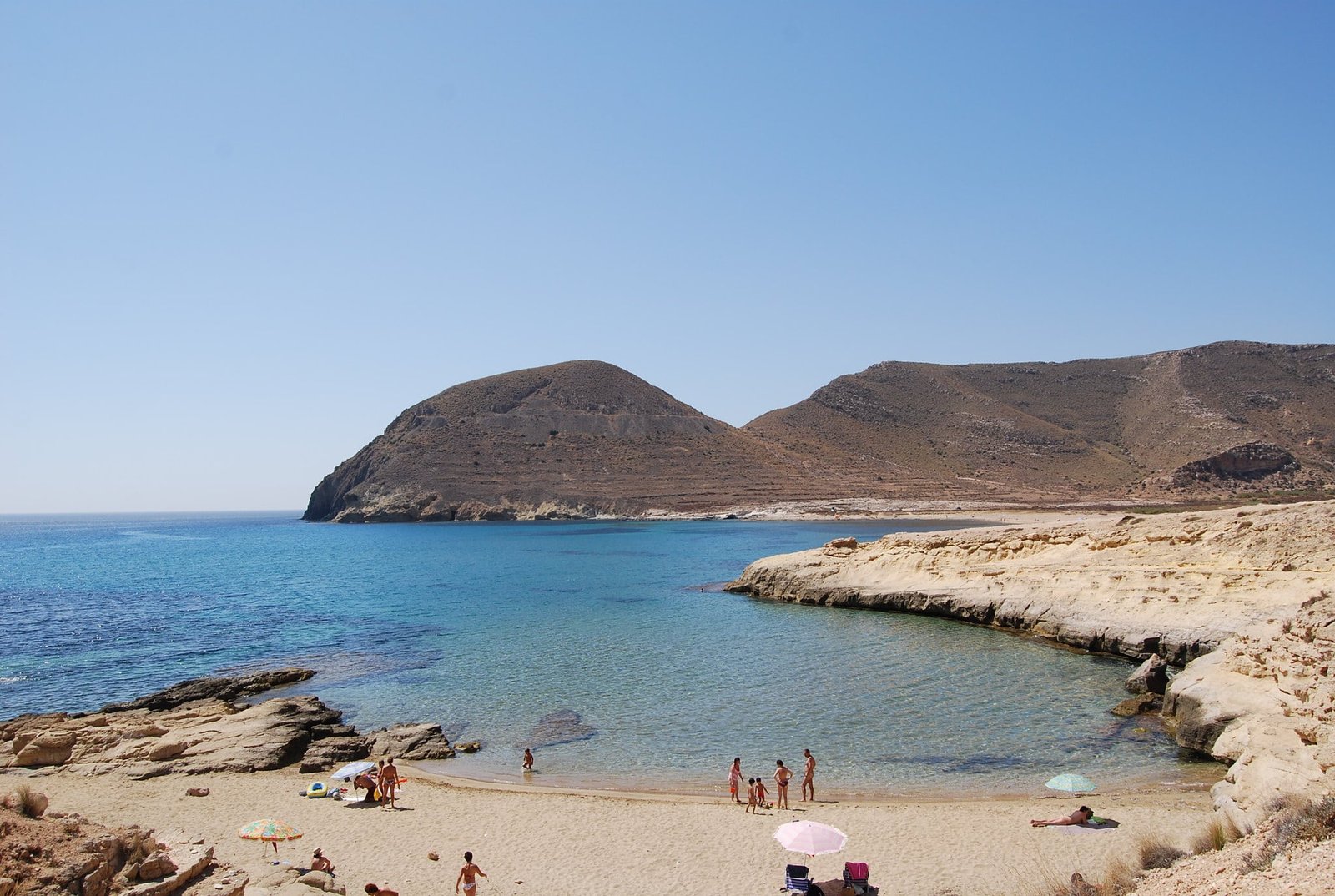Spain has once again demonstrated its preeminence in sustainable coastal tourism by setting a new global record in 2025, with 642 beaches across the country earning the prestigious Blue Flag certification as part of a total of 749 awards that also include 101 marinas and 6 eco-friendly tourist boats.
This achievement underscores Spain’s enduring leadership in environmental quality, a status it has maintained since 1994 through the Blue Flag programme administered by the Foundation for Environmental Education (FEE). The Blue Flag designation recognises beaches and marinas that satisfy rigorous criteria for water quality, safety, accessibility, environmental education, and sustainable management, reinforcing Spain’s reputation as a benchmark for green tourism practices.
At the regional level, the Valencian Community has emerged once again as the national frontrunner, securing 164 Blue Flag awards in 2025—an increase from 159 in 2024—equating to 22.3 percent of all certified beaches in Spain. This rise reflects ongoing investments in coastal stewardship and infrastructure that enhance both visitor experience and environmental protection.

Within the Valencian Community, the provincial breakdown highlights Alicante leading with 89 certified beaches followed by Valencia with 40 and Castellón with 35, illustrating a balanced distribution of high-quality coastal destinations that attract both domestic and international property investors.
Five beaches in the region achieved Blue Flag status for the first time this year—El Bol in Altea, Punta Negra in Dénia, Ortigues-Campo in Guardamar del Segura, Fuente de los Baños in Montanejos, and Guardamar de la Safor—signalling fresh opportunities for luxury beachfront developments and holiday-rental investments in these newly recognised locales.
Globally, Spain’s 642 certified beaches represent 15 percent of all Blue Flag beaches within the 52 countries participating in the programme, which encompasses over 5,000 sites worldwide. On the Iberian Peninsula, Spain and Portugal together account for 1,193 Blue Flags, or nearly one quarter of the global total, while Spain alone saw 16 beaches honoured for the first time in 2025 and 23 reclaimed the award after elevating their environmental and safety standards.
To qualify for Blue Flag recognition, beaches must maintain an “excellent” rating in seasonal water testing and adhere to stringent benchmarks across four key categories—water quality, environmental education, environmental management, and safety with accessibility provisions. In 2025, 642 of 697 beaches submitted met these standards, with disqualifications largely due to poor water quality, excessive development, or unauthorised infrastructure.

Key insights from the latest evaluations reveal that 93 percent of certified beaches achieved excellent water quality ratings, 64 percent are situated in urban areas, 82 percent provide accessibility features for people with disabilities, 70 percent offer amphibious bathing chairs, and 41 percent employ trained staff to assist guests with mobility challenges.
Beyond beaches, the Blue Flag programme recognises marinas and tourist vessels for sustainable management and environmental outreach, with 101 marinas and 6 eco-friendly boats awarded in 2025. Notably, municipalities such as Badalona, Gavà, and Torreblanca were commended for environmental education initiatives; Fuengirola, Palma, and Sant Llorenç des Cardassar for lifeguard excellence; and Arnuero, Chipiona, and Málaga for accessibility leadership. In 2024, candidate beaches recorded over 178,000 rescue and first aid interventions, underscoring the comprehensive safety infrastructure underpinning Blue Flag status.
For buyers and investors in Spanish coastal real estate, these latest figures offer compelling evidence of the enduring appeal and regulatory commitment that underlie beachfront property values. As Spain continues to expand its portfolio of Blue Flag beaches, the correlation between environmental quality and market demand provides a strategic advantage for those seeking premium residences and holiday rentals along Europe’s most trusted shorelines.
Join the Inmopad Journal